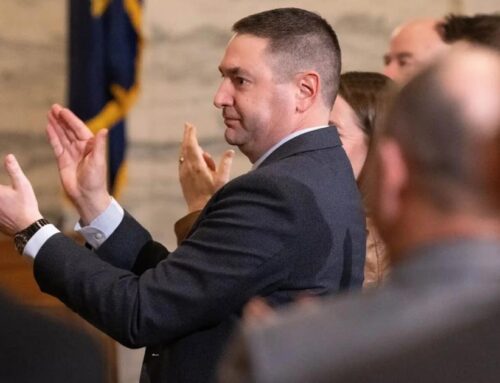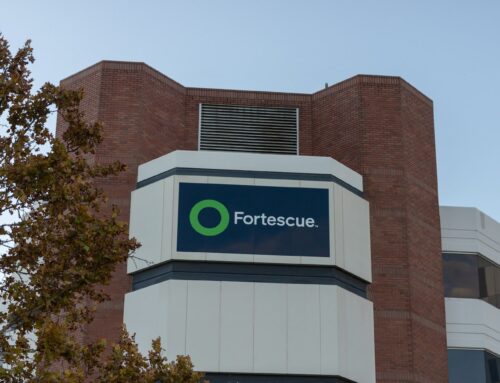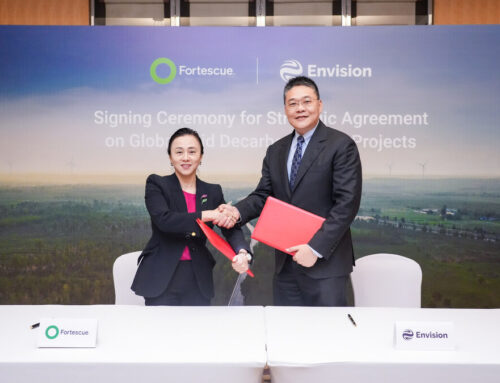‘Everything has completely flipped’ | Families, patients push Georgia lawmakers for medica
September 25, 2025
MACON, Ga. — Emotional testimony from parents of children with autism and family members of cancer patients filled a Mercer University meeting room Thursday as Georgia lawmakers heard pleas to expand the state’s medical cannabis program.
The House Blue-Ribbon Study Committee on Medical Marijuana and Hemp Policies listened to presentations and public statements from about a dozen citizens, all advocating for passage of expanded access legislation. The committee made no decisions or recommendations during the session.
Among those testifying was Jennifer Conforti, whose 14-year-old daughter was diagnosed with a congenital brain defect and profound autism. When her daughter developed severe self-injurious behaviors at age 3, Conforti said she turned to medical cannabis as a last resort.
“I was able to get her off of her pharmaceuticals and only on cannabis, and she’s been taking cannabis every day for the last 11 years,” Conforti said after the hearing.
Micah Gravley, who authored Georgia’s 2019 medical cannabis cultivation law as a state legislator, shared how his father’s recent cancer diagnosis has reinvigorated his advocacy efforts. His 74-year-old father is undergoing preventative chemotherapy that has caused weight loss, lethargy and loss of appetite.
“To see the weight loss and to see just kind of the lack of energy and the loss of appetite, it was really concerning as someone who worked very hard during my time in the legislature to help people like that,” Gravley said.
Gravley criticized Georgia’s current law, which requires patients to have “severe or end stage” conditions before accessing medical cannabis. He argued patients should be able to use cannabis immediately upon diagnosis rather than waiting for their condition to worsen.
“If I get diagnosed with something and I know that medical cannabis can help, I wanna be able to take that immediately,” Gravley said. “And so I think that there’s some room, a lot of room for clean up, in our current law.”
Both Gravley and Conforti emphasized that Georgia’s restrictive law forces patients to seek potentially dangerous alternatives. Gravley warned about the risks of unregulated products, particularly amid the fentanyl epidemic.
“You don’t know where it is. You don’t know what how it’s been processed. You don’t know what how it was produced,” Gravley said of street cannabis. “You don’t know if there’s heavy metals or bacteria, you know, any number of things, God forbid fentanyl.”
Despite having 33,000 patients registered in Georgia’s medical cannabis program, Gravley said the number should be much higher based on the prevalence of qualifying conditions in the state.
“We should have 150,000 plus because we know there’s more than that in our state that have these diagnosis,” he said.
Conforti, who founded a nonprofit that builds communities for adults with disabilities, said most parents in the special needs community remain unaware that medical cannabis dispensaries exist in Georgia.
“When I tell them that we have dispensaries in Georgia, I don’t think any one of them has said, ‘Oh yeah, I’ve been to one,'” Conforti said. “99.8% have no idea we even have dispensaries in Georgia.”
Conforti advocated for removing restrictions on THC percentages and qualifying conditions, arguing that cannabis benefits depend on individual patients rather than specific diagnoses.
“I don’t think there should be limits on THC percentage. I don’t think there should be limits on qualifying conditions,” she said. “I think that many conditions can qualify depending on the individual.”
For Conforti, who admitted to breaking the law by making cannabis in her kitchen before it became legal, the issue remains deeply personal. Her daughter’s diagnosis completely changed her life’s trajectory.
“Everything has completely flipped for me,” she said. “Her life has really brought forth a lot of courage out of me that I didn’t even know I had.”
The study committee was formed after neither House nor Senate versions of medical cannabis expansion legislation passed during the most recent session. Committee members plan to gather testimony statewide before making recommendations for the 2026 legislative session.
Thursday’s meeting was led by Chairman Mark Newton, a physician from Augusta, and held in the President’s Dining Room at Mercer University. The hearing was open to the public and livestreamed.
Search
RECENT PRESS RELEASES
Related Post




